The Value of Local Presence in Cultural Diplomacy: Edoardo Crisafulli’s Mission in the Heart of Kazakhstan
In an era when cultural diplomacy plays an increasingly strategic role in international relations, the Italian Cultural Institute (IIC) in Almaty stands out as an active hub of integrated promotion. As the cultural office of the Embassy of Italy in Kazakhstan, the Institute operates with the support of the Ministry of Foreign Affairs and International Cooperation and, under the guidance of Edoardo Crisafulli, works at the heart of the country to build bridges between Italian and Central Asian culture.
“We work to create deep and lasting ties,” explains Crisafulli, “using culture as a lever for mutual understanding but also for economic and social development. Italy has much to offer, but also much to discover here.”
An outpost in the country’s cultural capital
Located in Almaty’s historic center, the Italian Cultural Institute enjoys a strategic position surrounded by museums, theatres, and academies. This allows direct access to a wide and diverse audience, with whom the Institute engages through a varied, inclusive, and high-quality cultural program.
“Almaty is Kazakhstan’s cultural capital,” says Crisafulli, “and our mission is to highlight the affinities between two worlds that may seem far apart but share artistic, historical, and human sensitivities.”
Performing arts, music and theatre: the universal language of the stage
One of the Institute’s strengths is the promotion of the performing arts as a vehicle of emotion and knowledge. Among the upcoming projects is a show scheduled for 2026, curated by Paolo Stratta of Teatro Artichoke, combining opera, contemporary circus, and Puccini in an original production, a symbol of Italian creativity.
Recent highlights include a concert by Neapolitan jazz singer Simona De Rosa, which deeply moved the Almaty audience, and a theatrical performance dedicated to Dante, staged at the Artiscev Theatre in three languages: Italian, Russian, and Kazakh. The play featured actor Ricordi as narrator with a powerful interpretation of the Song of Ulysses.
Design and contemporary art: Italy as a cultural and economic model
The dialogue between culture and industry finds expression in “Spazio D”, an area of the Institute dedicated to industrial design, exhibitions, and masterclasses. It is a place where creativity becomes a tool for promoting Made in Italy, in synergy with Italian industrial excellence.
At the same time, contemporary art exhibitions highlight bilateral cooperation, involving both Kazakh and Italian artists in shared projects.
“We believe in a culture that is not just representation, but co-creation,” stresses Crisafulli, “which is why we focus on participatory and multidisciplinary formats.”
Books, translations, and literature: building bridges through words
Special attention is also given to publishing, with projects ranging from children’s literature to major classics. Soon to be released is a Kazakh translation of The Canticle of the Creatures, accompanied by essays, poems, and photographs by Sarra Yessenbay, presented also in an exhibition format.
Ambitious projects include the first Kazakh translation of Marco Polo’s The Travels (Il Milione) in collaboration with Ca’ Foscari University, and Pinocchio, a universal symbol of Italian culture. Meanwhile, Geronimo Stilton books are already being translated thanks to a mixed team of Kazakh and Italian translators.
Italian language, tourism, and gastronomy: culture as experience
The Institute actively promotes Italian language learning, not only through traditional courses but also through original initiatives such as “Italiano e Caffè”, which combines lessons on art and cuisine with convivial gatherings.
Another pilot project, developed with Neos airline and the ACIK network, is the first training course for tourist guides in Italian—an initiative that enhances both professional training and cultural tourism.
In addition, the Italian Language Week, scheduled for late October, will involve universities and schools with seminars, events, and workshops, with the ambitious goal of reintroducing Italian into Kazakh school curricula.
Cinema, fashion, and memory: new languages for new generations
The anniversary of Marcello Mastroianni inspired an exhibition on Italian cinema, part of a broader audiovisual promotion strategy. Italian fashion, always highly appreciated in Kazakhstan, inspired a symbolic initiative: the creation of a granite stele dedicated to Marco Polo, in collaboration with Graniti Fiandre.
“It is not just a sculpture,” says Crisafulli, “but a tangible sign of Italy’s presence, bringing together history, design, and vision.”
A long-term vision
Under the leadership of Edoardo Crisafulli, the Italian Cultural Institute in Almaty is charting a clear course: making culture a driving force for dialogue among peoples, a laboratory of ideas, and a motor for development.
In a rapidly evolving Kazakhstan, the Institute is not just a cultural center but an outpost of cultural diplomacy, capable of creating deep connections between Italy and Central Asia. It is a long-term vision that integrates heritage and innovation, memory and future, in the name of an open, creative, and dialoguing Italy.
The Italian Cultural Institute in Almaty and the ACIK network wish to express their sincere gratitude to the Ambassador of Italy to Kazakhstan, Antonello De Riu, for his constant support and trust. Thanks to his vision and the backing of the Ministry of Foreign Affairs and International Cooperation, we are able to carry forward an innovative, inclusive, and deeply rooted cultural strategy with renewed momentum.
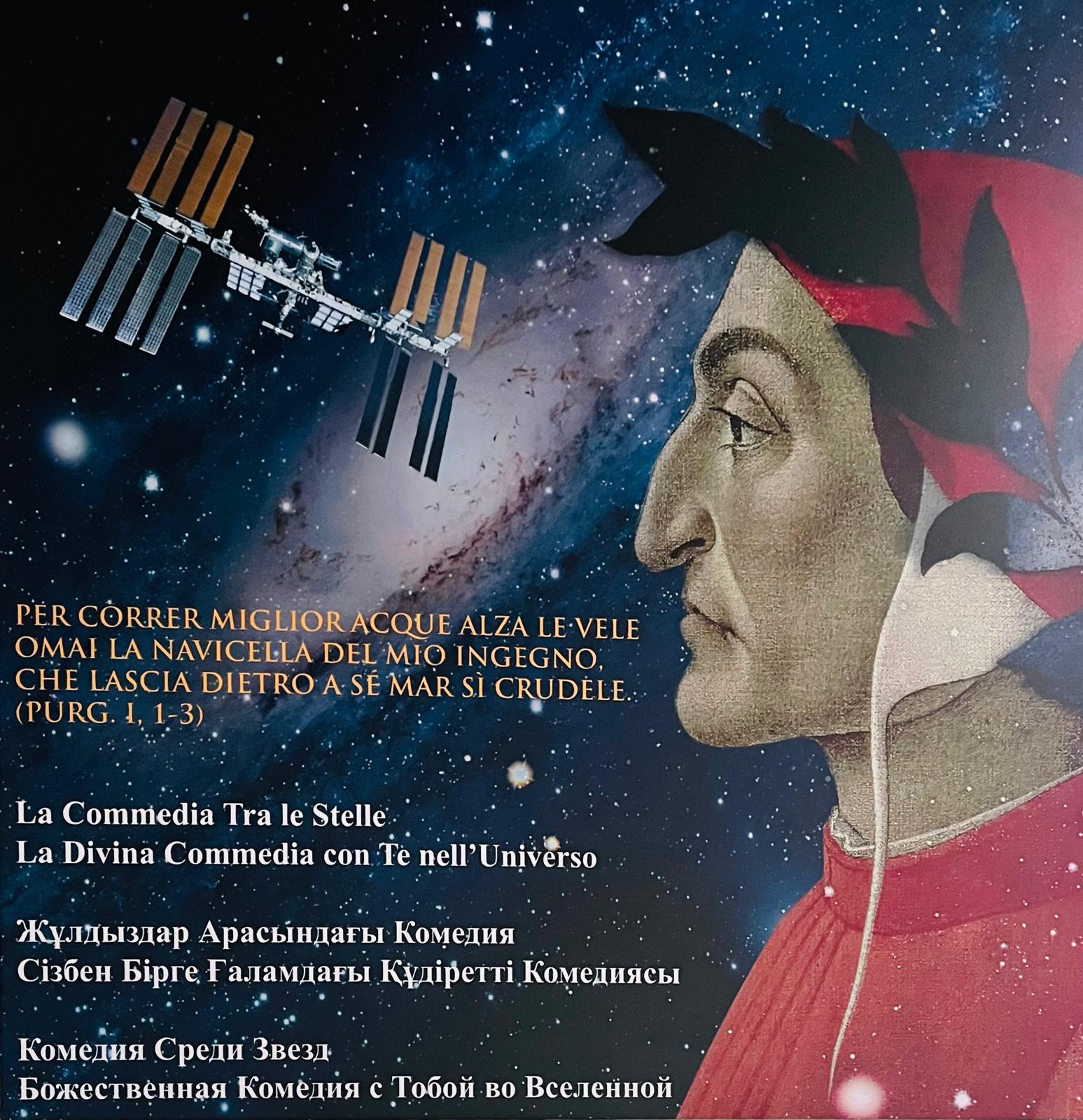
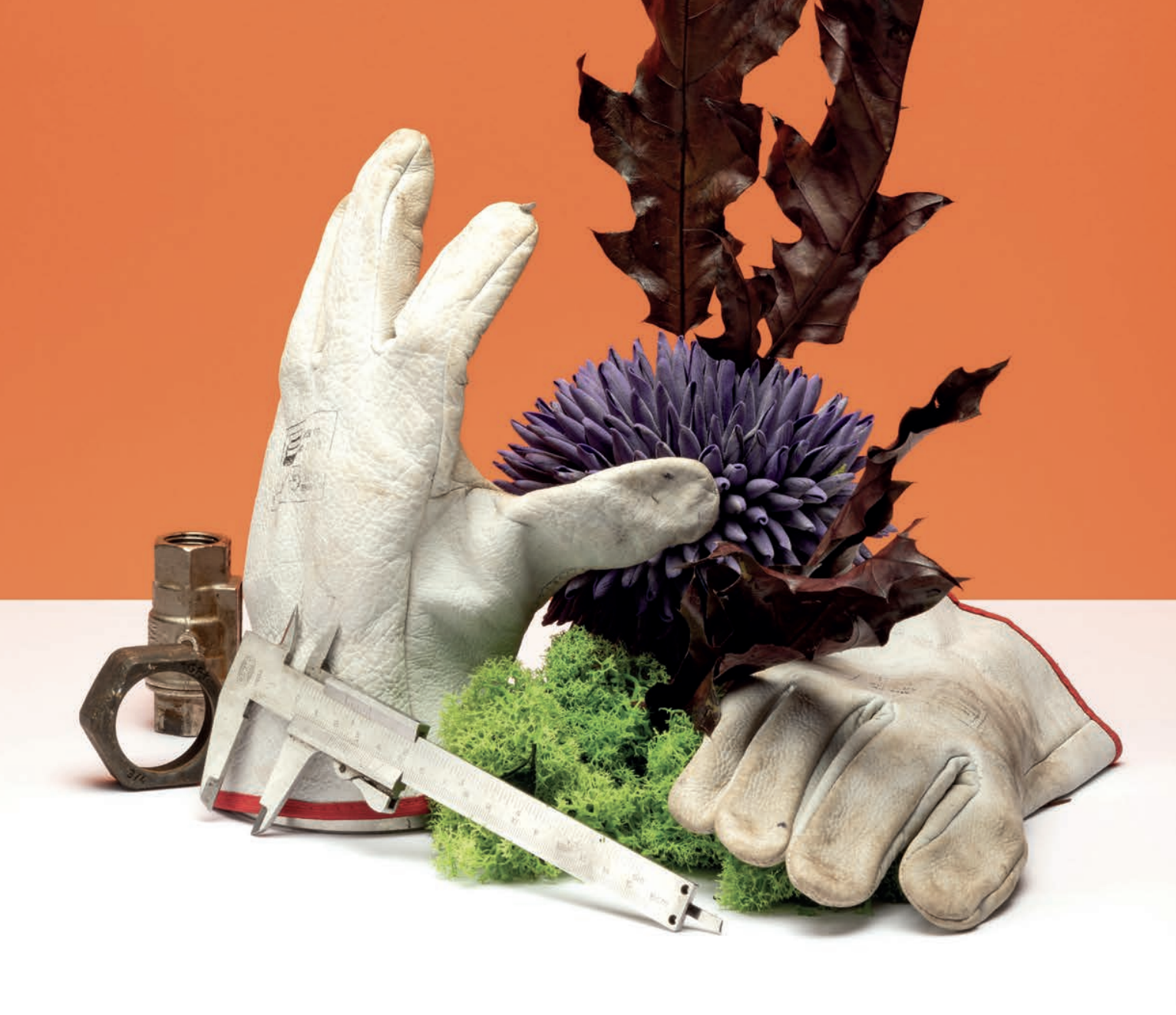 Meet the Associate | ACIK Stories: FBM
Meet the Associate | ACIK Stories: FBM
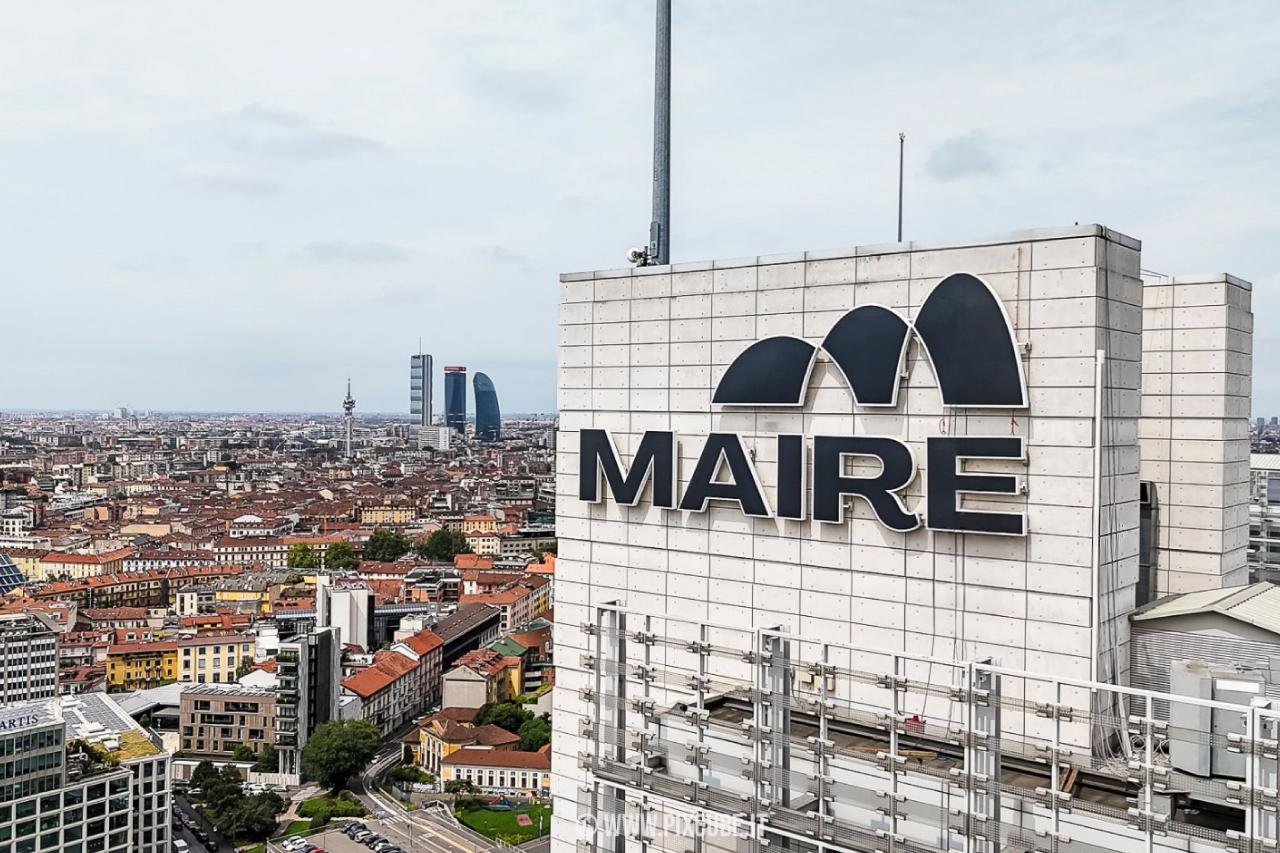 TECNIMONT reassures: “Our projects in Kazakhstan are proceeding as planned”
TECNIMONT reassures: “Our projects in Kazakhstan are proceeding as planned”
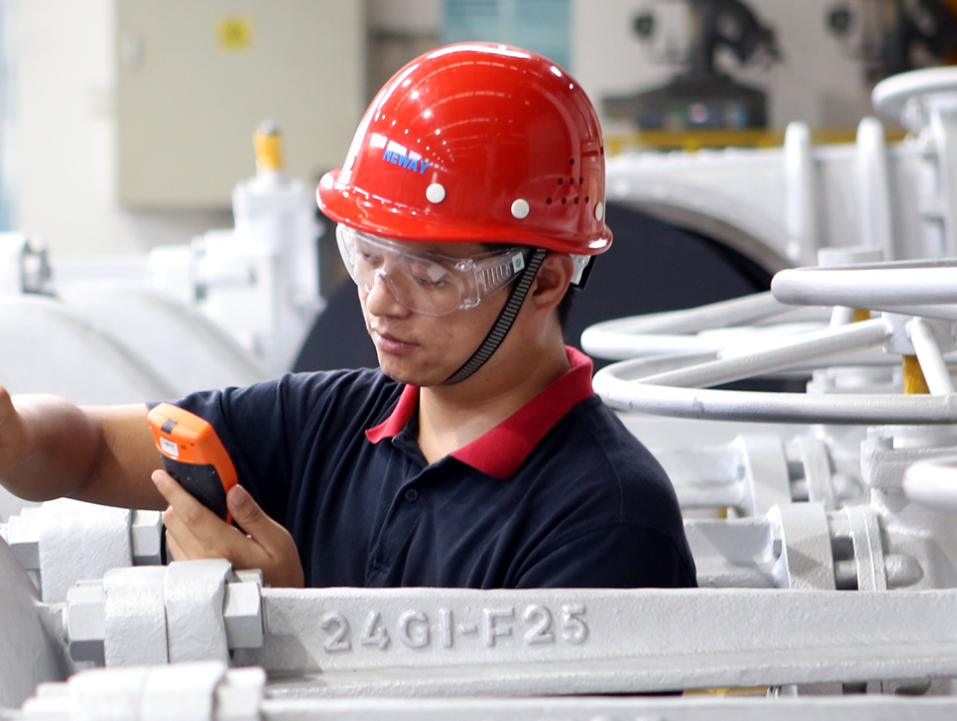 Meet the Associate | ACIK Stories: Neway Valve
Meet the Associate | ACIK Stories: Neway Valve
 Meet the Associate | ACIK Stories: Azurite Logistics
Meet the Associate | ACIK Stories: Azurite Logistics
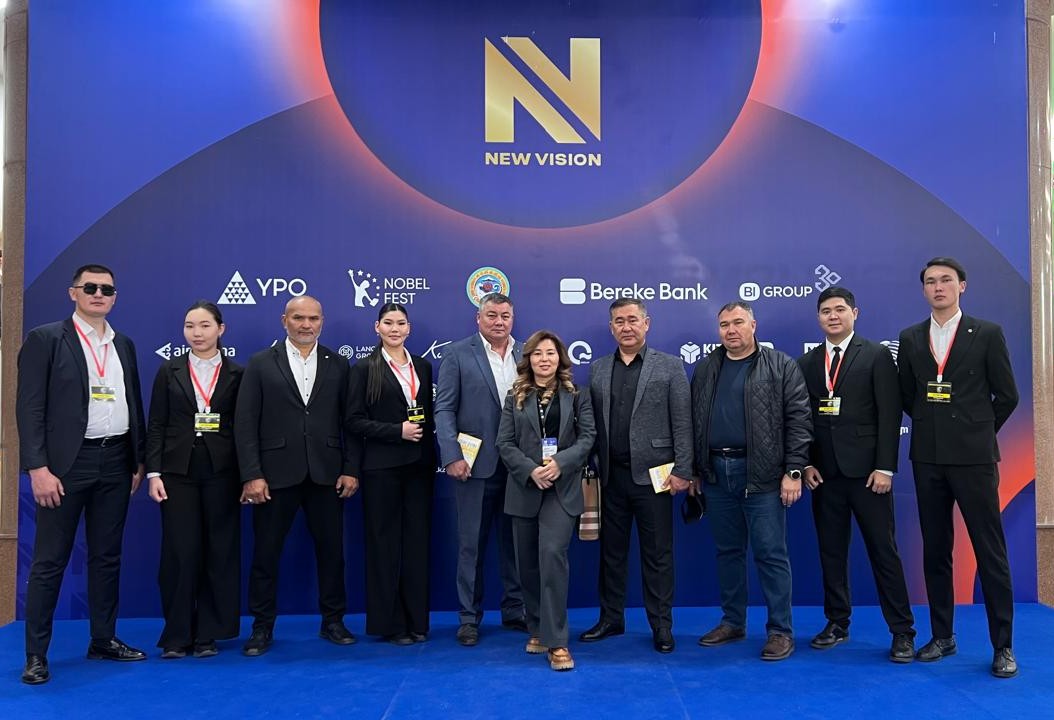 Meet the Associate | ACIK Stories: KZ Protection Group
Meet the Associate | ACIK Stories: KZ Protection Group
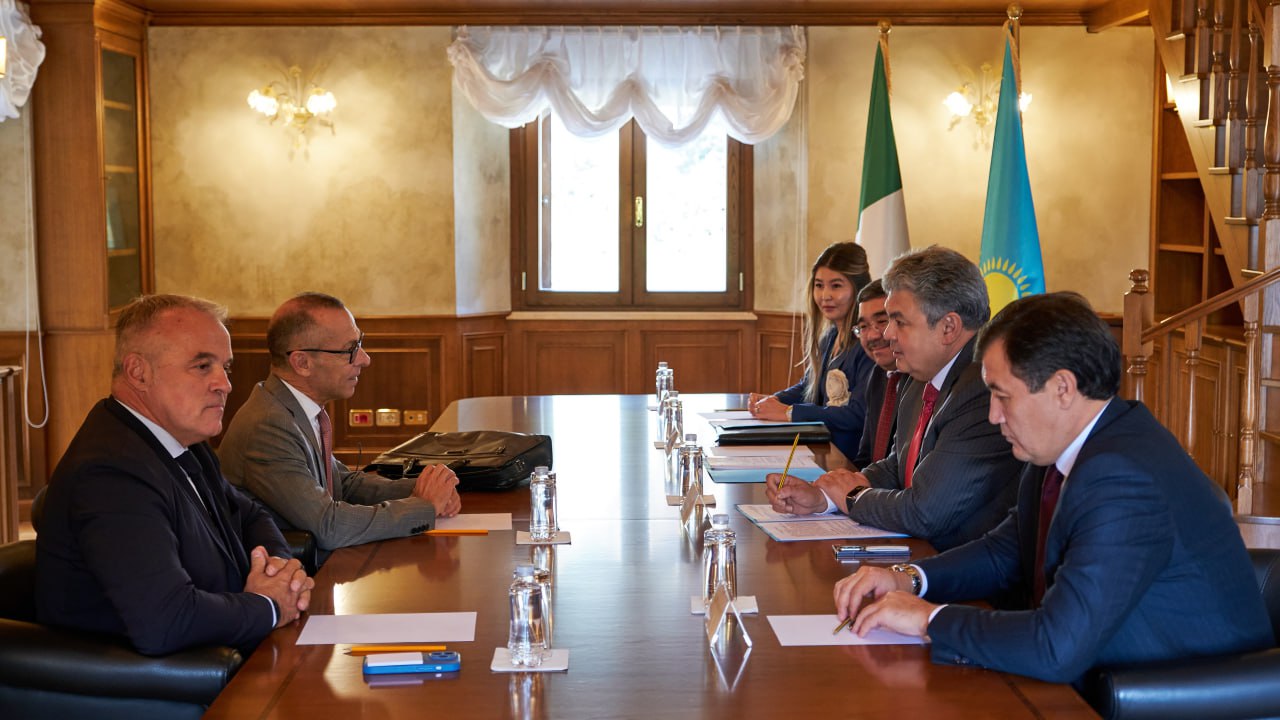 ACIK and President Marco Beretta Take Center Stage in Rome Meeting with Kazakhstan’s Minister of Foreign Affairs
ACIK and President Marco Beretta Take Center Stage in Rome Meeting with Kazakhstan’s Minister of Foreign Affairs
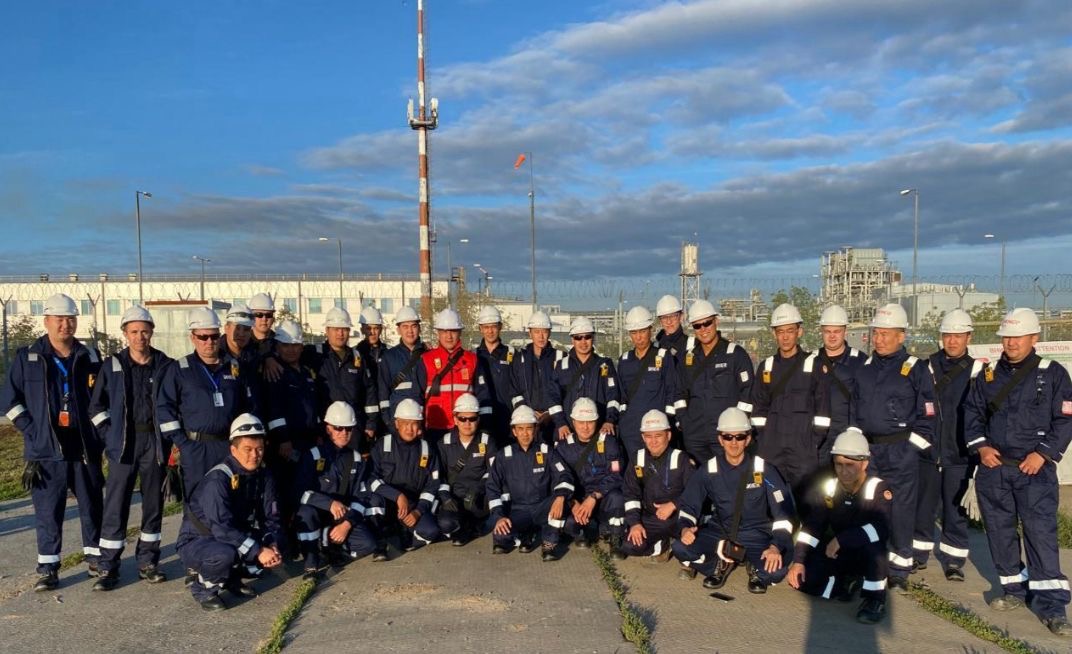 Meet the Associate | ACIK Stories: AER
Meet the Associate | ACIK Stories: AER
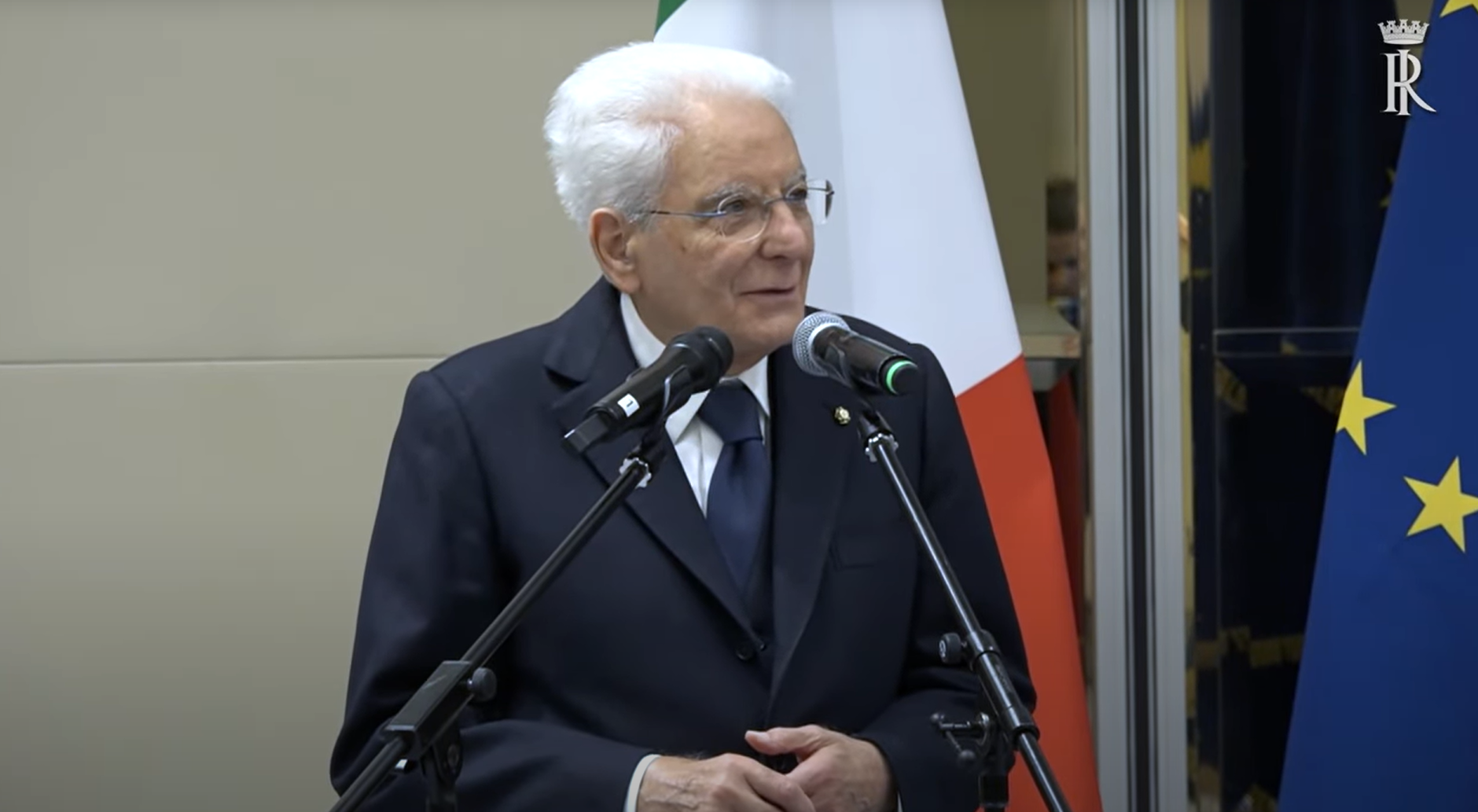 President Mattarella in Astana: A Renewed Bond with the Italian Community and Kazakhstan
President Mattarella in Astana: A Renewed Bond with the Italian Community and Kazakhstan